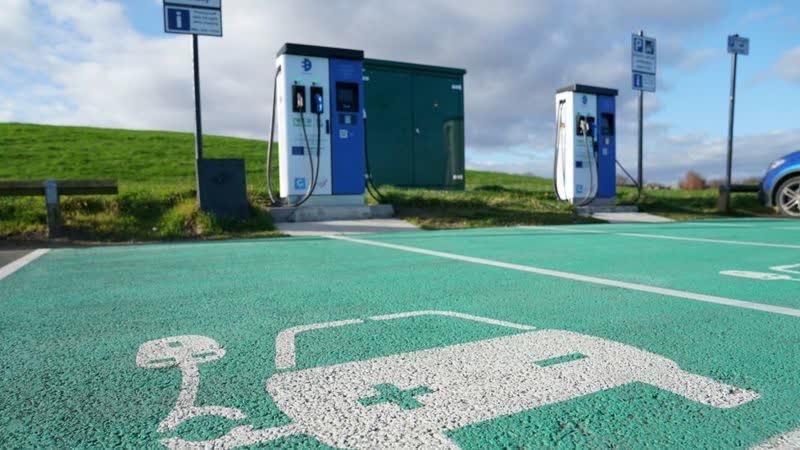Pete Flint
Posts: 40 +7
Why it matters: The UK's Boris Johnson has brought forward the deadline for banning the sale of new cars and vans fuelled solely by petrol or diesel from 2035 to 2030. While climate-focused critics say he has not invested enough to make his "green industrial revolution" a reality, automotive industry critics say this deadline is too tight to keep electric vehicles universally cost-effective for UK consumers.

The UK Prime Minister has been changing his tune on climate change in recent months with his new Green Plan, pushing harder for renewable energies, nuclear power, and carbon capture technology, and seemingly pulling away from burning fossil fuels.
One of the most notable announcements affecting consumers has been a ban on the sale of new petroleum-fuelled cars and vans starting after 2030. Apparently, hybrids that meet regulation will still be allowed.
Critics of the PM believe this is simply a charm offensive for the new, climate-focused Biden administration in the United States. Evidence of this claim stems from the £12bn budget for his “green industrial revolution,” a pittance when compared with the controversial £100bn budget of the High Speed 2 rail project that began in September.

Concept image of Rolls-Royce "Mini Nuclear Reactor" in the UK
While some believe Mr. Johnson should be doing more, various automotive CEOs have spoken out against the endeavor. Despite producing class-leading electric vehicles, BMW boss, Oliver Zipse, questioned whether this move from the UK is wise, stating “the effect will be that many car drivers will not be able to afford to drive cars any more.”
EVs do typically run more expensive than fossil fuel-powered cars. Development in cost-effective EV technology will have to be a priority in the 2020s, and subsidies from the government may be a necessity if consumers and industry leaders are to happily step in line.
Mike Hawes, CEO of the Society of Motor Manufacturers and Traders, says the UK’s automotive industry shares the government’s ambitions, but he believes the timeframe will be difficult to stomach.
“Manufacturers have invested billions to deliver vehicles that are already helping thousands of drivers switch to zero,” says Hawes, “but this new deadline, fast-tracked by a decade, sets an immense challenge."

The £12bn to be invested in the wider green project will cover a swath of carbon efficient technology, such as battery development and mass production, charging stations, electric vehicle production in the Midlands, nuclear power plant construction, and a young, but burgeoning, UK wind industry in the North. Whether this budget will be sufficient will be made evident in the years to come.
“Although this year has taken a very different path to the one we expected, I haven’t lost sight of our ambitious plans to level up across the country,” says Johnson. “My Ten Point Plan will create, support and protect hundreds of thousands of green jobs, whilst making strides towards net zero by 2050."
https://www.techspot.com/news/87654-british-pm-moves-petroleum-vehicle-ban-forward-2030.html
